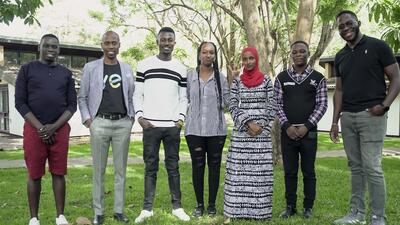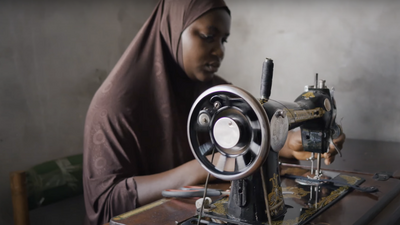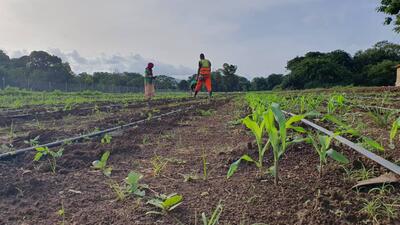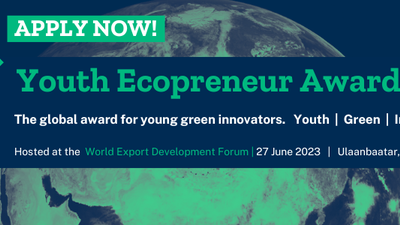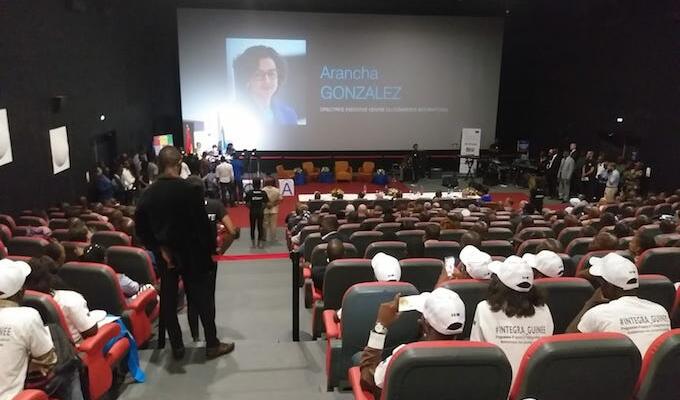
INTEGRA: Prioritising Entrepreneurship and Youth Employment in Guinea
ITC supports the Guinean Government in the creation of economic opportunities for youth
The Government of the Republic of Guinea and the European Union officially launched the INTEGRA programme to support the socio-economic integration of youth in Guinea on Monday, 19 November at the Bluezone Kaloum in Conakry. The launch ceremony took place in the presence of Prime Minister Kassory Fofana as well as representatives of the three implementing agencies, the International Trade Centre (ITC), the Belgian Development Agency (Enabel) and the German Cooperation (GIZ).
The four-year programme funded by the Emergency Trust Fund for addressing root causes of irregular migration, Valletta Trust Fund, aims to create 15,000 jobs for Guinean youth. One of the main priorities of the country is to increase the capacity of the private sector in order to create sustainable economic opportunities allowing growth of businesses and entrepreneurship.
Aligned with the National Economic and Social Development Plan (PNDES), INTEGRA will support the creation of new enterprises by youth, the acceleration of women's businesses, the improvement of skills for employment and innovation in rural areas.
ITC's collaboration with Guinean partners will focus on three priority areas.
From subsistence agriculture to agribusiness
ITC interventions will focus on rural entrepreneurship and the transformation of agriculture to make it more profitable for young people. It will promote market-oriented value chains, quality improvement, innovative processing of agricultural products and the introduction of integrated farms. These solutions include information technologies, renewable energies and permaculture, among others.
Strengthening vocational training
To better meet the needs of the Guinean job market, ITC will work with the Guinean Employment Promotion Agency to strengthen the employability of young graduates. Professional trainings specific to the needs of companies will be developed. These training programmes will lead to internships in companies for a period of three to six months.
The failure of many start-ups is related to a lack of knowledge of business management such as human resources, business plan development, financial management, certification, or the various legal statuses under which a company can operate. Training courses on these topics will be organized online via the SME Trade Academy or face-to-face in different regions of the country.
Access to finance
Access to credit and capital remains a major constraint for micro, small and medium-sized enterprises (MSMEs), not only at the start of their activities but also for their subsequent growth. On the one hand, ITC will train financial management advisers to assist MSMEs in formulating their business plans to improve their credit profile; on the other hand, start-up funds will be made available to micro-enterprises located particularly in remote areas.
Funded at 65 million euros for all the actions defined with the government, INTEGRA is a catalyst of already existing initiatives at the national level in support of the improvement of the country's entrepreneurial ecosystem.





